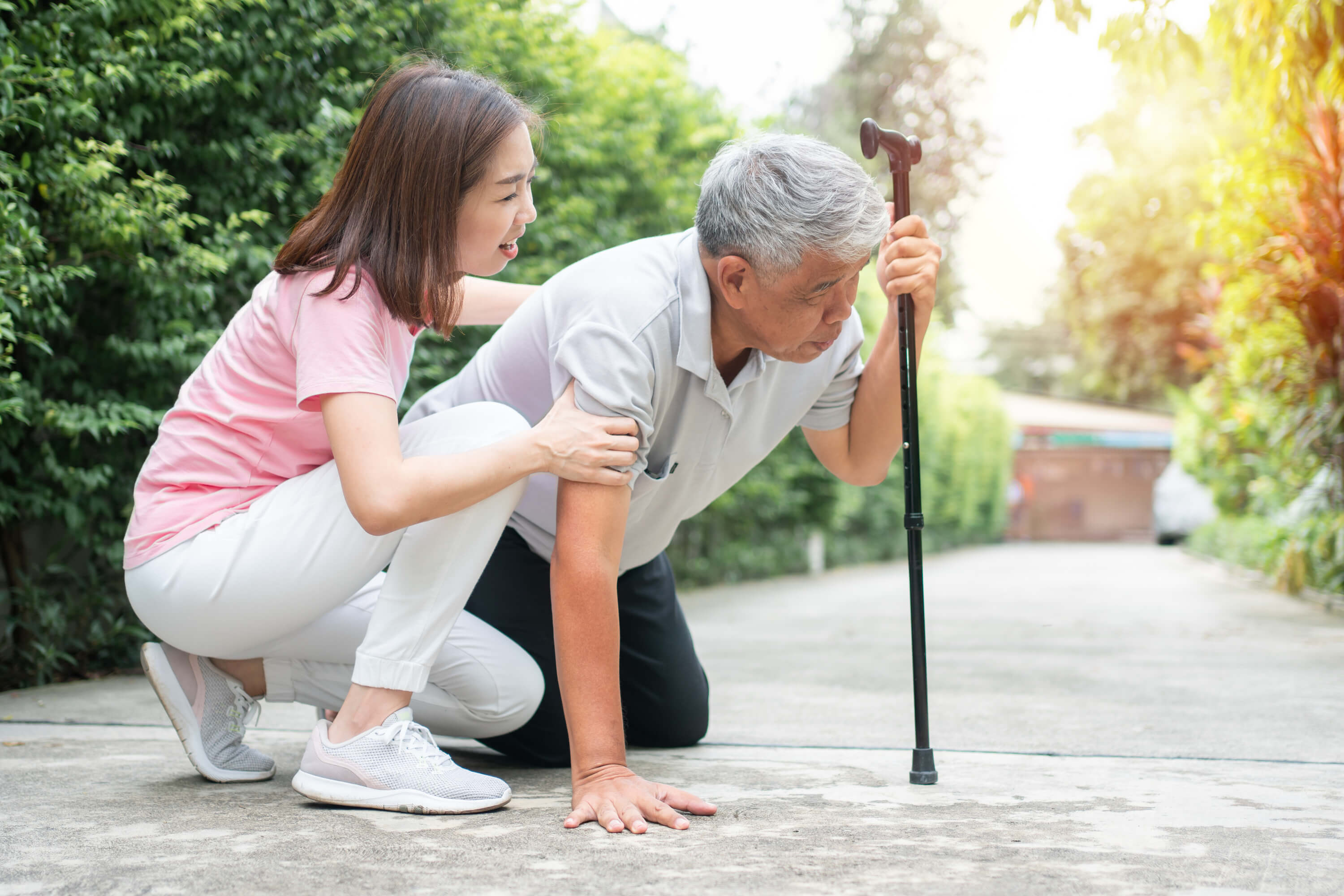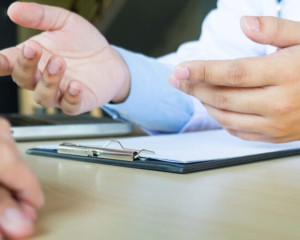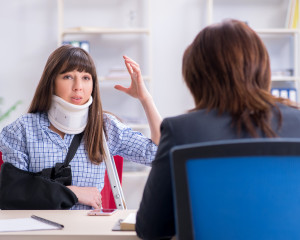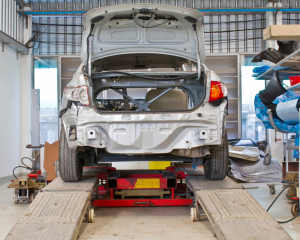Every year, about eight million people visit emergency rooms due to falls.
Slip and fall accidents account for about 12 percent. The term "slip and fall" refers to a personal injury case in which someone slips, trips, or gets injured on another's property. Most cases such as these fall under the category known as "premises liability." When accidents happen on someone else's property (or "premises"), that person can be held legally accountable.
The risk of slipping and being injured is very high if a carpet is torn, the flooring changes, there is poor lighting, narrow stairs, or a wet floor. In the same way, people can trip and fall on cracked or broken sidewalks, or lose their balance on stairs. Another possibility is that someone slips and falls outside because of rain, ice, snow, or a hidden hazard, such as a pothole. A plaintiff must have suffered some type of injury in any event in order to claim damages. In this article we'll discuss slip and fall injuries in-depth, proving fault in a slip and fall accident, possible compensation, and what to do if you're injured in a commercial setting.
Slip And Fall Injuries We Handle At DOCS4PI
You can better communicate your Florida slip and fall injuries to your doctor and to your attorney by understanding the most common slip and fall injuries. Having this information will help your slip & fall lawyer prepare your claim for compensation, as well as allow your doctor to build a better treatment program. Among the types of injuries caused by slips and fall accidents are:
- Broken Bones: Breaking a bone occurs when the bone is put under more pressure than it can handle. If you fall, you can exert stress on bones throughout your body. Slip and fall accidents often result in broken hips, wrists, and ankles. Slipping and falling more likely leads to a broken bone when you're older. From a legal standpoint, your age or health at the time of the injury doesn't matter. In spite of being more fragile than someone else, you still have a right to be compensated for your unique injuries, regardless of their severity.
- Sprained Ankle or Wrists: An uneven or unusual step might cause you to fall. If this happens, you might try to break the fall by reaching your arms out. You may suffer a sprain or strain if you tear ligaments in your wrists or ankles during a fall. Since tendons don't receive a lot of blood, a sprain or strain can take some time to heal. A minor ankle or wrist injury can still greatly affect your life even though it may not seem so severe at first. It may be impossible for you to type, cook or button a shirt. In the event of an ankle sprain, you may not be able to walk. Following a slip and fall, sprains are very common.
- Knee Damage: A slip and fall accident may result in knee injuries if you twist as you fall. The knee is a complex collection of bones and ligaments. If you injure your MCL or your ACL, the healing process often takes a long time. Furthermore, you may also dislocate your patella. You may need knee reconstruction immediately or in the future.
- Traumatic Brain Injury (TBI): You can sustain a traumatic brain injury in a fall regardless of whether your head hits the ground or floor. In fact, even when your head doesn't receive direct damage, you can still suffer serious injury. It can be dangerous to suffer a traumatic brain injury after a slip and fall because you may not realize the extent of the TBI until later. The consequences of not treating a traumatic brain injury can be even more serious than the original injury. If you do not get treatment for a TBI, you can continue to suffer pain for months. Identifying and assessing this type of injury may require the assistance of a specialist.
- Spine and Nerve Damage: Spines and nerves are delicate structures. Nerve damage can occur as a result of direct trauma, stretching, or cuts during a slip and fall accident. Depending on the extent of the nerve damage, it can either be permanent or reversible with treatment.
- Shoulder Dislocation and Muscle Strains: Falling might cause you to hit your shoulder. You might also jar your shoulder if you reach out as you fall. Dislocated or strained shoulders typically require immediate surgery. A treatment plan may be necessary to assess the likelihood of your recovery.
It's important to document your medical injuries after a slip and fall accident. Even if you have a broken bone, cuts and bruises, or other injuries, you'll need more than just your words. Getting medical attention is the only way to gather this evidence.
When you fall and suffer injury, you should get medical attention right away. Take photos of any visible injuries. Document your pain and suffering by keeping a diary of your daily pain levels. The expert medical professionals that work with #1-888-DOCS4PI know exactly how to document and treat injuries following a slip and fall accident. Their observations may be recorded in charts. In addition to taking x-rays, they may conduct other tests to verify your injuries. In developing evidence of your injuries, all of these types of medical treatment are involved. You will be able to build a strong case based on this evidence and secure a fair slip and fall settlement.
How Much Could Be Paid After A Slip And Fall Accident
In general, the amount of damages the liable party is required to pay is determined by your losses - your medical bills, lost earnings if you are unable to work because of the injury, and some compensation for your pain. Calculating your actual losses - medical bills and lost income - is relatively simple, all you have to do is add up the medical bills and lost income. The hard part is determining the amount for pain and suffering.
In the event that someone slips down some faulty stairs and injures their ACL, there is no law that says they should get X dollars for their pain. There are a few common formulas to get started, but the rest is all about estimates and negotiations. Your settlement will most likely be reached out of court, and an acceptable amount for pain will be negotiated. If you go to trial and win your lawsuit, the jury will calculate the value of your pain in an award. There is no set rule for pain and suffering compensation, but in general, the more severe the injury and the more impact it has on your life, the more compensation you will receive.
Proving Fault In A Slip and Fall Accident
When a person slips and falls, it is hard to determine who is legally liable for your injuries. The key in every case is whether the property owner took reasonable steps to prevent you from slipping or falling and whether you were equally negligent in ignoring or avoiding the hazardous conditions. These general rules can help you decide if someone else was responsible for your slip and fall injury.
When a slip and fall accident occurs on another person's property, a victim must prove that unsafe conditions caused the accident and that the owner or possessor knew about it. An unreasonable risk must exist on a property, and the injured party should not have anticipated the dangerous condition under the circumstances. In order to comply with this latter requirement, people must be aware of and avoid obvious hazards. For the property owner or possessor to be proven to have known of an unsafe condition, the following must be demonstrated:
- That the owner/possessor created the dangerous condition;
- The owner/possessor was aware of the problem and neglected to fix it; or
- The condition had existed so long that it should have been discovered and corrected by the owner before the slip and fall occurred.
Generally, a property owner or possessor can only be held responsible if it was predictable that their negligence would result in danger.
What To Do If You Are Injured In A Store
If you suffer a slip and fall injury in a commercial or retail setting in Florida, the first thing you need to do is seek medical attention. A slip and fall accident must be treated as soon as possible for two reasons: to ensure your injuries are treated appropriately and to document your accident-related injuries, which will boost your chances of receiving a settlement.
As soon as you have received medical attention, notify the store's manager or owner about the accident. If you do not inform the property owner of a slip and fall accident, then your chances of filing a lawsuit or receiving compensation are not likely. Your slip and fall claim will be questioned by insurance companies if you do not seek medical attention and do not notify the store owner.
If you have been injured in a slip and fall accident in Florida contact #1-888-DOCS4PI. We are able to match you to a medical professional to best assess and treat your injuries. We also have a network of personal injury lawyers who can help provide legal representation to better serve your compensation case.





